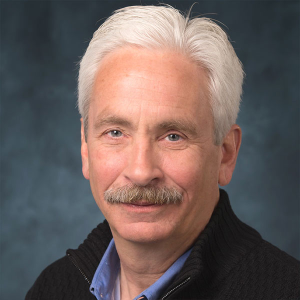Title : Harmonic frequency cascade: Oil refining with focus on sulfur
Abstract:
Harmonic Frequency Cascade (HFC) with counter rotating interfaces is developed for fuel refining technology. This initial effort for proof of concept is sulfur extraction from hydrocarbons. Focus for this technology development is application of HFC introduction of fuel cavitation resulting in oxygen free radical formation. We present new technology for oil refining that: 1) provides lower costs in the production of fuel, 2) reduces atmospheric emissions of nitrogen, sulfur and carbon compounds, 3) can be applied to removal of sulfur from fuels, 4) produces specific fuel designs, and 5) is capable of transport to remote locations for industrial and military operations.
The HFC system consists of a cylindrical housing containing two, counter rotating, separately driven, multistage cylinders. This will provide multiple interfaces that will produce the required fluid shear. Multiple small diameter inlets at the top and bottom of the main cylinder direct fluid into the chamber while a flow capacity matched lesser number of larger outlets are located mid device. The drivers are small HP electrical motors that will be flange mounted and spline coupled to the main device at the top and bottom for a vertical stance. Flow and pressure are provided by a separate charge pump designed for light density liquids and for energy efficiency. The main device and intake manifold will be mounted on a framework of square tubing and angle iron that have dimensions of about 3 feet square and six feet in height. The controls consist of appropriate, explosion proof actuators and sensors to allow for precise operation of the unit in hazardous and or extreme conditions. Piping and other support vessels meet industry standards and codes and are mounted to provide the smallest footprint possible. We provide thorough evaluation of the fuel production with specific compound analysis and carbon analysis to provide operation efficiency assessment.
With a comparison of compounds before and after treatment the product shows higher hydrocarbon compounds (CH compounds), a lower percentage of oxygenated Organic nitrogen compounds (CHNO), and a low percentage of Sulfur-containing compounds (CHOS, CHNS). There is clear removal of S and N from the oil.
Audience Take Away:
- This presentation is an introduction to state of the art oil refining capability.
- This technology provides potential for remote oil refining; including shipboard, during oil offloading from a ship, and in remote locations.
- This new approach to oil refining expands knowledge in the classroom in terms of industrial efficiency as well as cost effective operations and reduced CO2 emissions.
- There is potential to omit CO2 emissions during oil refining.



